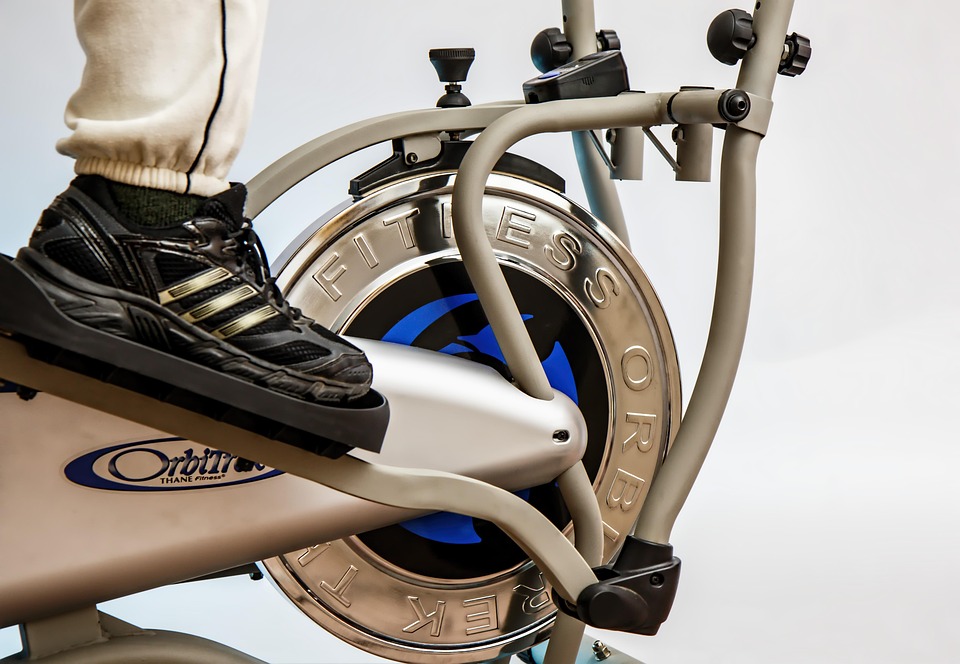In the ever-evolving world of weight management, FDA-approved weight loss injections have gained prominence as effective options for those struggling to shed excess pounds. Understanding how these injections work, their benefits, and potential side effects is essential for anyone considering this route. In this article, we’ll dive deep into the top weight loss injections approved by the FDA and what you should know before trying them.
What Are Weight Loss Injections?
Weight loss injections are medications administered via subcutaneous (under the skin) or intramuscular injections. They are particularly useful for individuals who have tried traditional weight loss methods without success. These treatments work by influencing hunger, metabolism, and energy expenditure.
Benefits of Weight Loss Injections
- Quick Results: Many users experience significant weight loss within a short period.
- Convenient: Injectables can be easier to administer than daily pills.
- Support Metabolism: Some injections enhance metabolic efficiency, helping the body burn more calories.
- Prescribed Supervision: These treatments come with professional guidance from healthcare providers.
Top FDA-Approved Weight Loss Injections
1. Semaglutide (Brand Name: Ozempic, Wegovy)
Semaglutide is a GLP-1 receptor agonist, originally developed for diabetes management but found to have compelling weight loss results.
Key Features:
- Dosage: Administered once a week.
- Mechanism: Reduces appetite and calorie intake by mimicking the hormone GLP-1.
- Weight Loss: Clinical trials have shown participants losing up to 15% of their body weight.
Considerations:
- Side Effects: Nausea, diarrhea, and potential risk for thyroid tumors. Always consult a healthcare provider.
2. Liraglutide (Brand Name: Saxenda)
Similar to Semaglutide, Liraglutide is also a GLP-1 receptor agonist, specifically developed for weight management.
Key Features:
- Dosage: Daily injections.
- Mechanism: Suppresses appetite and slows gastric emptying.
- Weight Loss: Many users report around 5-10% weight loss.
Considerations:
- Side Effects: May include headaches and gastrointestinal disturbances. Regular medical monitoring is recommended.
3. Phentermine-Topiramate (Brand Name: Qsymia)
Phentermine-Topiramate is a combination of a stimulant and an anticonvulsant that works together to promote weight loss.
Key Features:
- Dosage: Taken orally, but may be used in conjunction with injections.
- Mechanism: Increases energy expenditure and reduces appetite.
- Weight Loss: Achieves approximately 5-10% weight loss in users.
Considerations:
- Side Effects: Can include insomnia, dry mouth, and constipation. Should not be used in those with a history of heart issues.
Who is a Good Candidate for Weight Loss Injections?
Weight loss injections are not for everyone. Ideal candidates often include:
- Individuals with a BMI (Body Mass Index) of 30 or higher, or 27 and higher with weight-related health issues.
- Those who have struggled with diet and exercise alone.
- Patients under medical supervision who can manage side effects.
Important Considerations Before Trying Weight Loss Injections
While weight loss injections can be effective, several factors should be considered:
Consultation with a Healthcare Provider
Before starting any weight loss injection, consult with a healthcare professional who can evaluate your individual health needs and concerns. This consultation is crucial for:
- Medical History: Discuss any pre-existing conditions or medications.
- Examination: Conduct necessary tests to ensure the suitability of the injection.
Lifestyle Changes are Essential
Weight loss injections are most effective when combined with:
- Healthy Diet: Focus on balanced meals rich in whole foods, lean proteins, and healthy fats.
- Exercise: Regular physical activity helps maintain weight loss and improves overall health.
- Behavior Changes: Address emotional eating and develop healthier habits.
Cost and Accessibility
Weight loss injections can vary widely in price and insurance coverage. When considering this option, be sure to:
- Check Coverage: Verify if your insurance covers the injection.
- Assess Financial Impact: Consider the out-of-pocket costs associated with the injections and follow-up care.
Monitor Progress Regularly
Once you begin treatment, staying in touch with your healthcare provider is vital for:
- Evaluating Effectiveness: Assess your weight loss results and adjust any treatment plans as necessary.
- Addressing Side Effects: Report any unusual symptoms or side effects promptly.
Conclusion
FDA-approved weight loss injections like Semaglutide and Liraglutide offer promising options for individuals struggling with obesity. While they can be effective tools for weight management, it’s essential to approach them with caution and in conjunction with lifestyle changes for the best results. Always prioritize thorough discussions with healthcare professionals to ensure you’re making informed decisions based on your specific health needs.
If you’re considering weight loss injections, arm yourself with the knowledge and guidance to navigate this journey wisely. Remember, achieving sustainable weight loss is often a holistic approach, blending medication, personal determination, and support.










 Weight Loss, Unlocked.
Weight Loss, Unlocked.